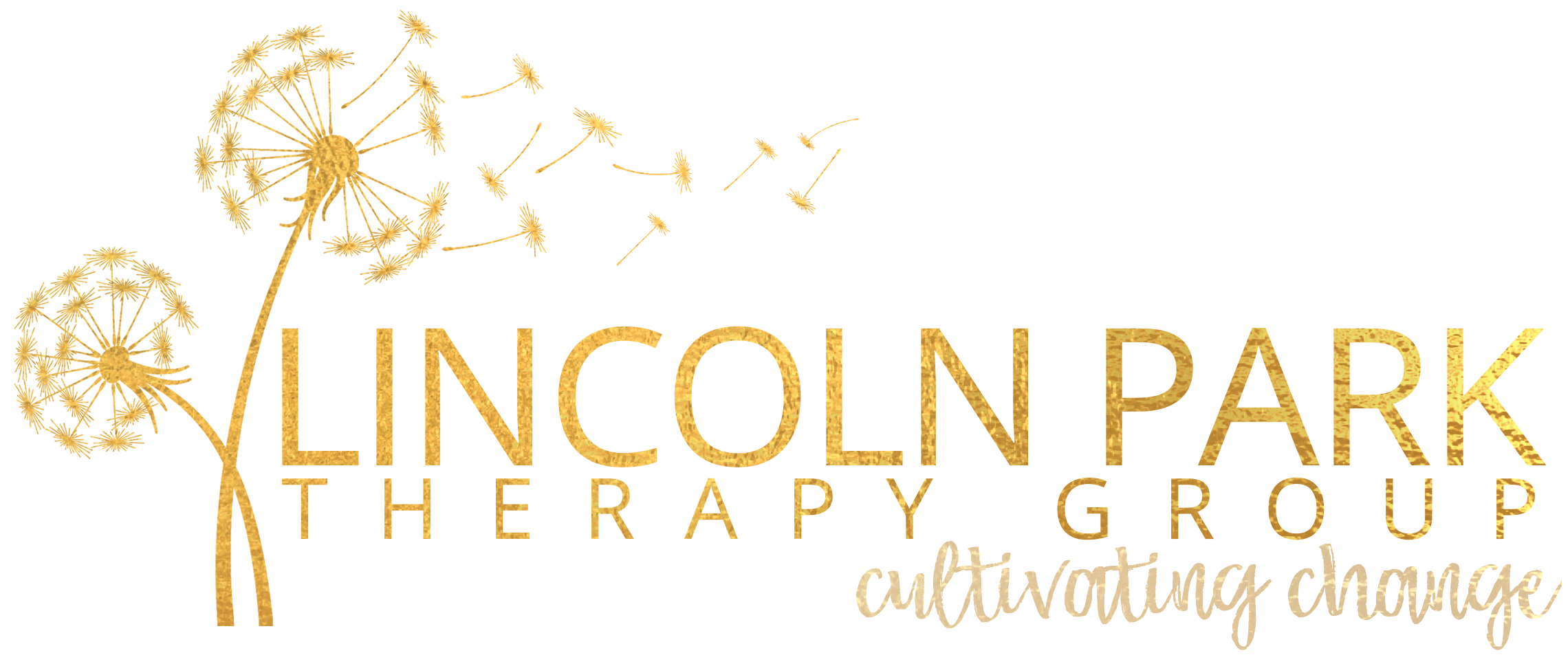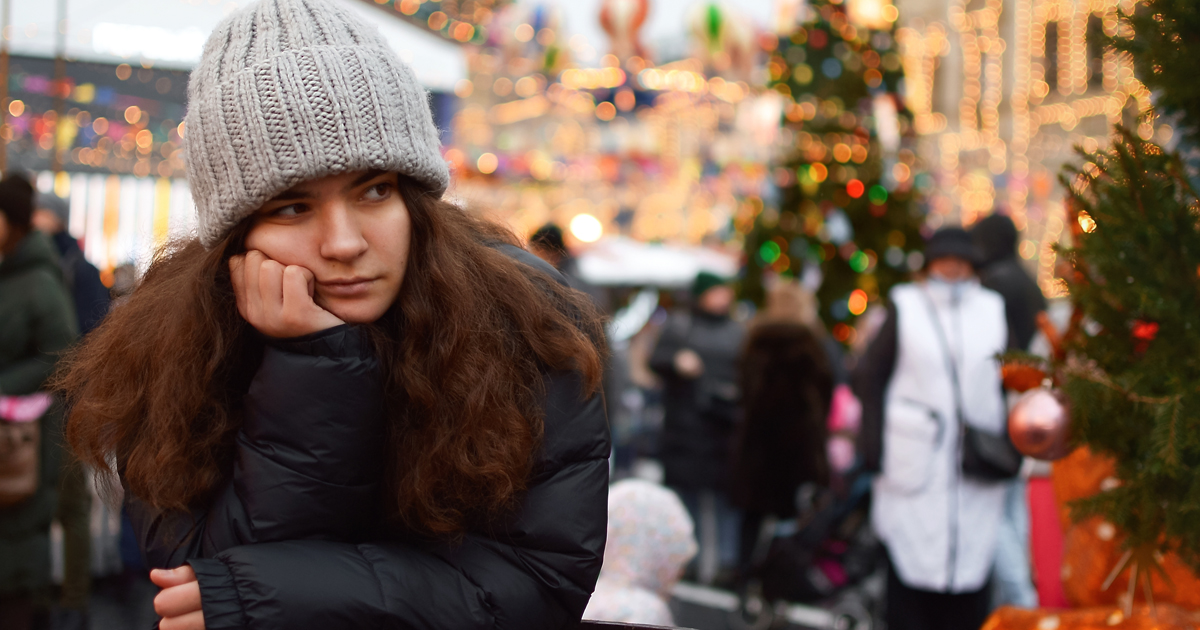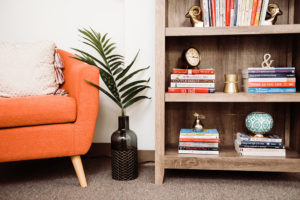As the holiday season fades away and Chicago’s skyline becomes a silhouette against the crisp winter sky, a palpable shift in mood can be felt throughout the city. The post-holiday period often ushers in what many call the ‘post-holiday blues,’ a time when the festive excitement has ended and the stark reality of a Chicago winter sets in. While it may feel dark and dreary outside, there are numerous ways to brighten your mental health and find joy after the holidays have passed.
Understanding Post-Holiday Blues
The post-holiday blues are not just a figment of imagination—they’re a well-documented phenomenon. Research suggests that the emotional lift provided by holiday decorations and lights can create a sense of joy and connection. According to a study published in the Journal of Environmental Psychology, these visual cues often boost emotional connectivity and joy. When they’re gone, it’s natural to feel a void.
Additionally, the winter months bring shorter days and less sunlight, which can significantly affect our circadian rhythms. The National Sleep Foundation notes that disruptions in these rhythms can lead to changes in sleep patterns, energy levels, and mood, contributing to feelings of sadness or lethargy. For many, the combination of these factors creates the perfect storm for the onset of the post-holiday blues.
The Financial and Social Impact
Beyond the environmental and physiological factors, financial strain from holiday spending can also weigh heavily on people. The weeks following the holidays often bring credit card statements, creating anxiety and stress. Social factors, too, play a role. The holidays often bring an abundance of social gatherings, leaving many feeling isolated or lonely when the festivities come to an abrupt end.
Recognizing these triggers is the first step toward addressing and managing the post-holiday blues.
Tips for Mental Health Wellness After the Holidays
Here are several actionable strategies to help keep your spirits high and your outlook hopeful during these post-holiday winter months:
Embrace the Light
With fewer daylight hours, make a conscious effort to soak up the sun whenever possible. Even just 10 to 15 minutes outside during the day can make a difference. If getting outside isn’t feasible, consider investing in a light therapy lamp. These lamps mimic natural daylight and are particularly effective in combating Seasonal Affective Disorder (SAD), a type of depression that typically occurs during the fall and winter months.
Boost Your Mood with Outdoor Activity
Embrace the crisp Chicago air and stunning winter scenery for both mental and physical wellness. A brisk walk along the Lakefront Trail or ice skating at Millennium Park can do wonders for your mood. Outdoor activities release endorphins, which are natural mood elevators, and provide an opportunity to reconnect with nature. On colder days, bundle up and remind yourself of the beauty in quiet snowfalls or the glistening frost on tree branches.
Connect with Community
Social connections are vital for maintaining a positive mindset. Join a local club, attend a community event, or find a cause to volunteer for. Research from the Mayo Clinic Health System shows that volunteering can increase feelings of purpose and counteract loneliness. Consider looking into opportunities through organizations like Volunteer Match or local nonprofits to engage with others while making a difference.
Practice Mindfulness
Mindfulness practices can help you navigate the emotional lows of the post-holiday season. Techniques like deep breathing, yoga, and guided meditation encourage relaxation and keep you present. Apps such as Headspace or Calm offer accessible tools for building a mindfulness routine, helping to reduce stress and promote a sense of calm.
Prioritize Self-Care
Self-care is more than a buzzword—it’s an essential practice for mental well-being. Treat yourself to small joys like a warm bath, curling up with a good book, or cooking a favorite meal. Physical self-care, such as staying hydrated and maintaining a healthy diet, can also support your emotional health.
Seek Professional Help
If you find it difficult to shake the winter blues despite your efforts, don’t hesitate to seek professional help. Seasonal mood changes are common, but that doesn’t mean you have to manage them alone. A therapist can help you identify underlying issues, develop coping strategies, and provide the support you need to feel more balanced and hopeful.
A Season of Reflection and Growth
Although the post-holiday blues can feel overwhelming, they also present an opportunity for reflection and growth. By integrating these practices into your routine, you can turn the ‘bluest’ moments into a stepping stone for better mental health. Keep in mind that winter is just one chapter in the year’s cycle. Before long, Chicago’s spring will bring vibrant blooms, warmer weather, and a renewed sense of possibility.
If you’d like some extra support this winter, contact us today to schedule a time to meet with one of our therapists. We’re here for you and would love to help you navigate this season with greater ease and well-being.
Additional Resources on Surviving the Holidays
Stay Calm Through the Holidays: How Virtual Counseling Can Help – This time of year can be stressful.
3 Ways to Cope With Family Conflict Over the Holidays – Spending the holidays with family can activate anxiety and increase stress for some people.
Navigating Holiday Anxiety: Finding Serenity Amidst the Chaos – For many, the holidays can bring about anxiety and stress.


 Nicolle Osequeda, LMFT, is the founder of Lincoln Park Therapy Group, specializing in anxiety, depression, and relationship counseling in Chicago. As a Certified Daring Way™ Facilitator, she incorporates Dr. Brené Brown’s research into her therapy. Nicolle holds a Master’s in Counseling Psychology from the University of San Francisco and is a Licensed Marriage & Family Therapist in Illinois and California. She is a Clinical Fellow of AAMFT, a member of IAMFT, and the Financial Therapy Association. Nicolle has Gottman Method training and has taught at DePaul University, dedicated to helping individuals and couples achieve meaningful change.
Nicolle Osequeda, LMFT, is the founder of Lincoln Park Therapy Group, specializing in anxiety, depression, and relationship counseling in Chicago. As a Certified Daring Way™ Facilitator, she incorporates Dr. Brené Brown’s research into her therapy. Nicolle holds a Master’s in Counseling Psychology from the University of San Francisco and is a Licensed Marriage & Family Therapist in Illinois and California. She is a Clinical Fellow of AAMFT, a member of IAMFT, and the Financial Therapy Association. Nicolle has Gottman Method training and has taught at DePaul University, dedicated to helping individuals and couples achieve meaningful change. 

